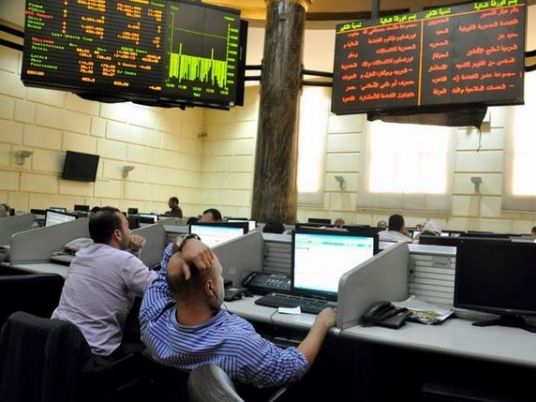
Finance Minister Hany Qadry Dimian has remained silent on his decision to impose a tax on stock market revenues. The minister was apparently hoping his silence would calm the critics, particularly considering they were demanding his resignation in protest of the proposed tax.
But the minister – backed by his crew- nonetheless stood for the tax, never imagining that pressure applied by stock market investors and brokers would prove fruitful and convince the Cabinet to decide on Monday to delay its application for two years.
Dimian had championed the idea of the stock market gains tax since he was assistant minister, and managed to convince Ibrahim Mehleb’s government of the idea upon assuming his current role.
A close look at the tax reveals it failed to get a social consensus since it was first proposed a year ago. It was rapidly embedded in amendments to the income tax law, and its executive regulation was too complicated to clarify the proposed law.
As decision-makers cited examples of countries applying a similar tax, opponents persisted in their rejection, claiming that the examples, most notably of Britain and France, have economic circumstances that are different from Egypt’s. Additionally, many other countries have either cancelled or reduced the tax.
Critics also argued that the tax would repel foreign investors from the Egyptian market, which has already suffered from the 2009 world financial crisis and the 2011 uprising.
Dimian’s defeat has, again, left public confidence in any Egyptian government and its decision-making policy in the balance.
Pressure by investors and businessmen on the government are escalating, reaching the presidency and the Cabinet, as in the case of this disputed tax.
The fact that the stock market gains tax, barely one year into effect, is still ambiguous, and considering the relentless attacks it has provoked, sheds light on the frequent changes occuring within the taxation system. This matter has damaged Egypt’s international reputation as far as the taxation system's stability is concerned, since foreign investors normally study the taxation system of a given country before entering its local market.
Banque Misr chief, Mohamed al-Itriby, lauded the decision to postpone the application of the tax, noting that the stock market has been in a state of uncertainty over the past year concerning the tax’s fate. According to Itriby, the controversy did not lie in the tax itself, but rather in its application and transparency.
Edited translation from Al-Masry Al-Youm




